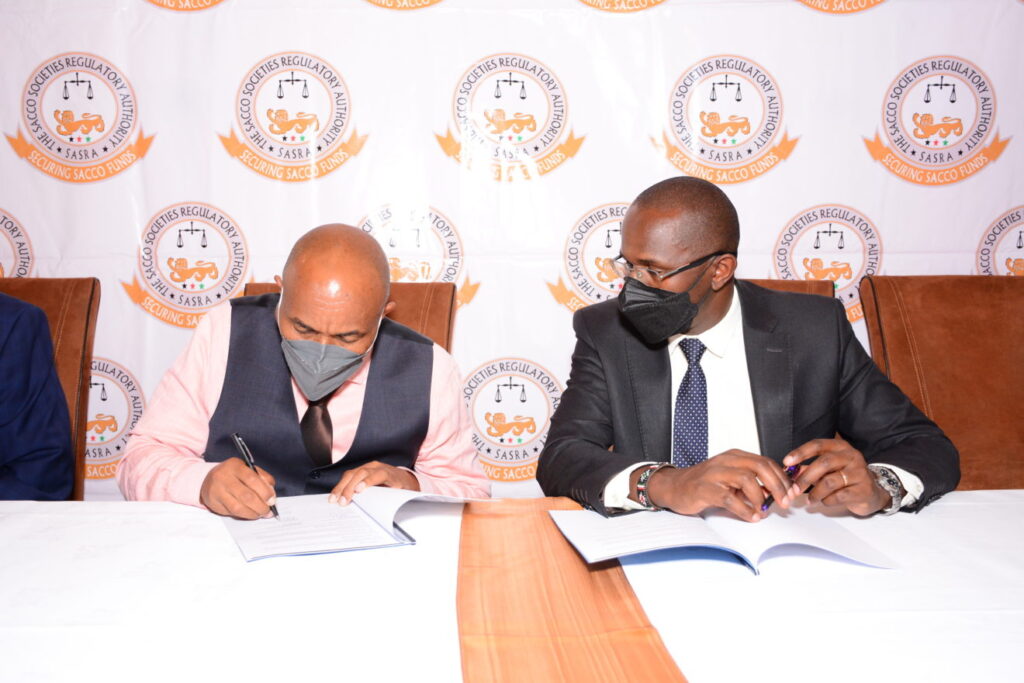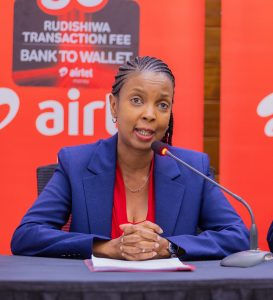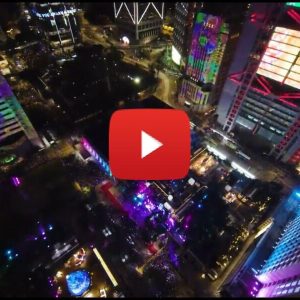
The authority will use theconsultations,which end on February 25 and are a legal requirement before such policy changes, to collect feedback on the levy order from SACCOs, particularly those undertaking specified non-deposit-taking businesses, other stakeholders within the cooperative sector and the general public.[Photo/The Source]
SACCO Societies Regulatory Authority (SASRA),has commenced stakeholders’ consultations on a proposed levy on the deposits of specified Non-Withdrawable Deposit Taking (NWDT) SACCOs to fund its expanded functions.
According to the recently published draft SACCO Societies (specified Non-Deposit-Taking businesses) Levy Order, the regulator seeks to charge a levy of 0.165 per cent on the total non-withdrawable deposits of the targeted SACCOs.
According to SASRA, the authority will use the consultations, which end on February 25 and are a legal requirement before such policy changes, to collect feedback on the levy order from SACCOs, particularly those undertaking specified non-deposit-taking businesses, other stakeholders within the cooperative sector and the general public.
These developments come hot on the heels of the regulator issuing 185 NWDT SACCOs with licenses to operate for the period January 1, 2022, to December 31, 2022. This followed the bringing, last year, specified NWDT SACCOs under the regulatory mandate of SASRA, which was already regulating 175 Deposit-Taking (DT) SACCOs. The latter already pay a levy of 0.175 per cent on their total deposits to SASRA to fund its regulatory and supervisory activities.
Speaking during the first stakeholders’ consultation forum in Nairobi, the Cooperatives Commissioner Mr. David Obonyo said: “The non-withdrawable deposit-taking SACCOs should pay their respective share of contribution to the supervisory and regulatory oversight of the authority.’’
Mr. Obonyo disclosed the imposed levy is in tandem with the government’s effort of safeguarding the stability of the financial system in Kenya through effective supervision of the SACCO sector.
‘The rollout of the levy will see SASRA net at least Sh137.98 million from 169 non-withdrawable deposit-taking SACCOs that recently came under the authority’s regulations with deposits of Sh83.62 billion. SASRA has, however, restricted the levy at a maximum of Sh8 million, meaning that such SACCOs holding more than Sh4.84 billion will be spared the expense,’’ added Mr.Obonyo.
Speaking at the same forum, SASRA CEO Mr.Peter Njuguna said: “We have done a detailed appraisal of the potential impact of the proposed levy order on the SACCOs and their members and a cost-benefit analysis. The Levy Order has been prepared based on existing government guidelines and regulations on the funding of regulatory state agencies, considering the legal underpinnings prescribed in Section 15 of the SACCO Societies Act as well as the provisions of the Interpretation and General Provisions Act. We encourage all the key stakeholders to share their feedback and opinions on the proposed Levy Order to enable us to move to the next step.”
He further revealed that since the establishment of the Authority in June 2010, the Authority has been funding its supervisory and regulatory oversight activities over the DT-SACCO’s, principally from deposit levies paid by the DT-SACCOs pursuant to the Sacco Societies (Deposit-Levy) Order, 2011 (Legal Notice No. 188 of 2011 and Legal Notice No. 51 of 2018). However, the annual levies collected from the DT-SACCOs has been insufficient to fund the operations of the authority, forcing it to operate below its optimal levels. He also stated that SASRA had received some donor funding.
“Most of the Authority’s ICT equipment, staff capacity buildings, research activities, and regulatory policy developments have been funded by donors. It is important to note that the donor support has substantially been scaled down or stopped altogether. As such, the authority must look for alternative sources of funding to execute its expanded mandate effectively,” added Mr. Njuguna.
With their coming under SASRA’s mandate, the Non-WDT-SACCO’s have been ushered into a more stringent regulatory regime. To this effect, they are expected to submit regular returns for offsite analysis to ascertain their compliance, be subjected to regular onsite inspections and be required to seek approvals for certain business initiatives they intend to undertake. All these are aimed at ensuring NWDT SACCO’s financial stability and general stability of the financial system they operate in.






